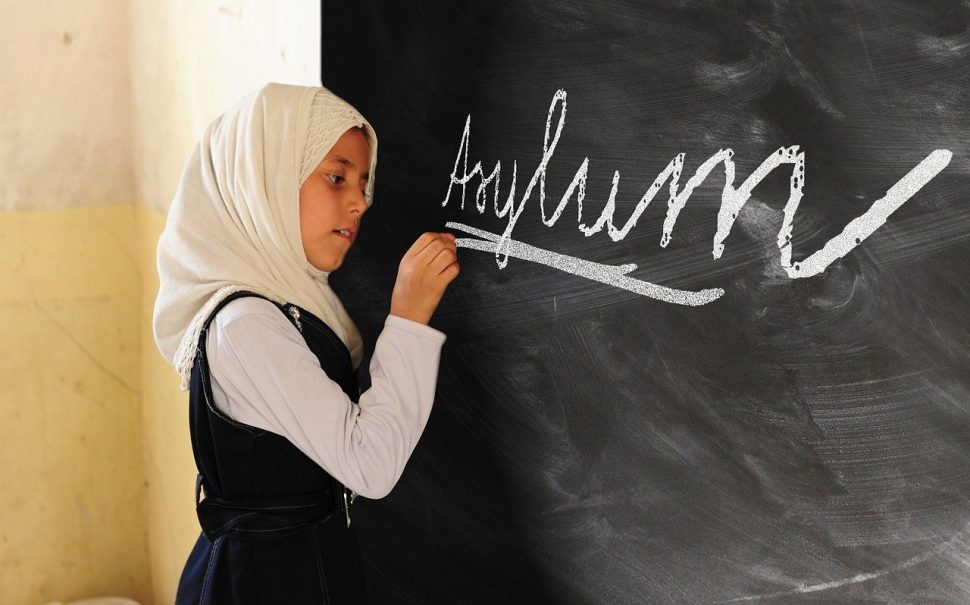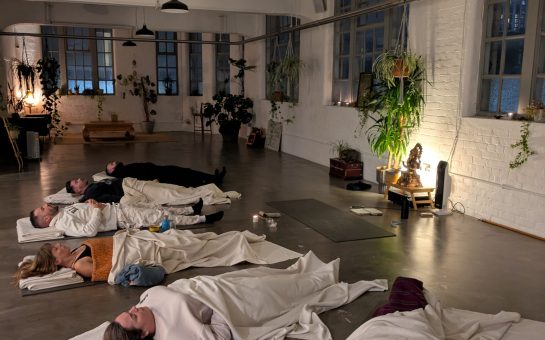Asylum applications made for lone children are increasing, according to the Home Office.
Numbers for unaccompanied asylum-seeking children (UASC) have risen by almost 50% in just four years – figures haven’t been this high since before Covid.
Hundreds more claims have been made in recent years.
Most child refugees come from conflict-stricken nations – Department for Education reports confirm half of current UASC in England are African or ‘Other Asian’.
Eighteen-year-old Melat is from Ethiopia, she was granted asylum last year – “God knows” how she found herself in Manchester, she told MM.
Melat said: “I was 16, it was hard.
“The journey was hard, but now, good.
“I feel so settled, the environment is so welcoming.”
A native Amharic speaker, she said talking about her feelings in a new language was difficult.
“Sometimes I just stay quiet because I don’t have anything to explain it.
“At first, I was stressed, I have anxiety.
“But when I got used to it, used to the environment, the people – that just faded.
“It’s so hard, I have to push myself to understand.
“Especially when you want to say something to a friend, and you don’t know how to say it – it’s just not good.
“I’m motivated, it’s something new – I’ve never known this quality of mind, I’m getting stronger.”
Greater Manchester Youth Network (GMYN)’s UASC programme manager Eleanor Reardon told MM local authorities have adapted to support increased numbers, by building expertise.
She said: “There’s not really anyone who’s quite as enthusiastic about Greater Manchester as these young people who’ve gone through so much to get here.
“We’re trying to help them settle and be stable now they’re in Greater Manchester.
“But actually, it’s almost impossible to settle if you’ve still got all this uncertainty hanging over you.”
Reardon said she hopes for less hostile immigration policies and safer routes – so young immigrants will face less trauma.
“They’re children, they deserve that, their life should be improved,” she added.
More and more UASC are leaving foster care – figures have risen by over 40% since 2020.
The majority of young asylum seekers are boys, but hundreds of vulnerable young women were UASC too.
Melat said: “I do everything for myself.
“I mean, they help me, I’ve got a personal advisor – but still, it’s not like a family.
“It’s not easy, it’s a lot to do for an 18-year-old girl.”
Reardon explained GMYN support UASC up to 21 years old, reassuring them they’re “doing the right things” during this difficult transition – they’re more at risk for exploitation.
They might not have been here long before turning 18, and a lot of people describe that time as “being in limbo” so it’s fundamental they “have a chance to be a child”.
Often the only thing stopping these “incredibly resilient” youngsters are structural barriers.
Reardon said: “They’re not yet fully independent – they do still need support.
“That can be quite a lonely time for young people as well, they still have that need for connection and friendship.
“Feeling like they have somewhere where they belong, they can express their feelings, express their ideas, and people want to listen to them – is really important.”
Policy officer for Greater Manchester Immigration Aid Unit (GMIAU) Rivka Shaw said: “There’s a crisis.
“There are huge waits for asylum decisions – due to Home Office backlogs, Home Office incompetence.
“Waiting for a lawyer, as well as eventually waiting for an asylum decision, has been a really difficult thing for the young people we work with.”
Former UASC waiting for status approval are “barred from so many opportunities” – they’re still entitled to legal aid, but funding for their lawyer to attend their interview is lost.
Age disputes
When the Home Office doubts an asylum seeker’s age, but they provide little to no proof, they’ll have an “initial assessment” – based on appearance and demeanour.
If recorded as ‘Significantly over 18’ the issue’s settled in court.
In 2023 over 60% of age disputes raised by the Home Office were resolved as ‘Less than 18’ – more than 2,500 children were initially considered adults.
Shaw revealed: “Children are arriving on our shores only to be retraumatised by the way they’re treated in the asylum system.
“There’s a really unpleasant drive from the Home Office to treat children, arriving in the UK to seek safety, as adults – taking away the rights and entitlements they have as children, the right to being looked-after.
“Children have told us they’ve been interrogated upon arrival by Home Office officials literally whilst still wet, cold and sick from arriving on a small boat.
“Far too often, the Home Office officials are making the wrong decision.”
UASC told her it’s “really scary” being sent to adult accommodation – they came to the UK “just hoping to find some safety”.
The Helen Bamber Foundation discovered in just six months, over 250 children were put at significant risk from being wrongly placed last year.
Shaw claimed: “It’s a massive issue that’s happening with far, far, far too high frequency at the border and the Home Office are not really accepting that it’s happening.”
Describing it as a “real safeguarding emergency”, she said the process often involves feeling distrusted or disbelieved.
The number of disbelieved children has more than quadrupled since COVID – the latest figure is five times bigger than in 2019.
In recent years, on average nearly half the disputes were against children.
Melat said: “I’m just little, young girl.
“Want to be safe and live safe, that’s it.
“For young immigrants, it’s hard to explain themselves – so it’s better to give them enough support.”
Shaw explained UASC are facing “really unfathomable difficulties” and dealing with a lot of trauma from making arduous journeys – fleeing war or persecution, often facing exploitation and violence: “They just want to be believed and be able to get on with their lives.
“We hope one day they can start to be treated as children first, rather than being subject of immigration enforcement over and above anything else.”
The Home Office declined to comment.




